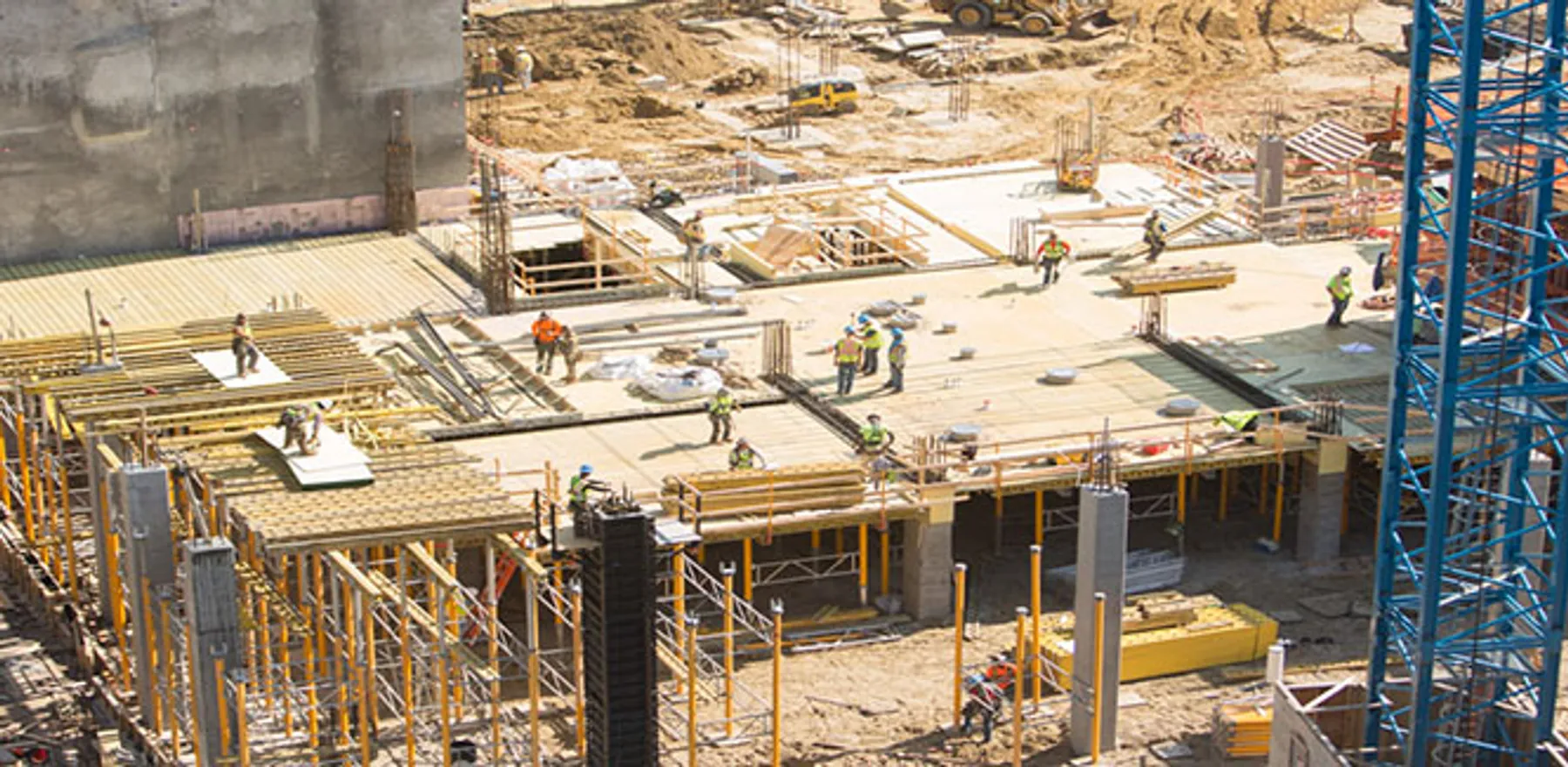In the intricate world of commercial real estate, where significant financial investments are at stake, the role of commercial appraisers becomes paramount. Appraisers play a crucial role in ensuring transparency, accuracy, and fairness in real estate transactions, providing valuable insights that help both buyers, sellers, and commercial lenders make informed decisions.
Understanding the Role of Commercial Appraisers
- Objective Property Valuation:
Commercial appraisers are tasked with determining the fair market value of a property. This involves a comprehensive analysis of various factors such as location, size, condition, and income potential. The objective is to arrive at an unbiased and accurate valuation that reflects the property’s worth in the current market.
- Risk Mitigation:
Real estate transactions involve inherent risks, and an inaccurate valuation can lead to financial consequences for both parties involved. Commercial appraisers act as risk mitigators by conducting thorough assessments, considering market trends, and identifying potential risks that may affect the property’s value. This information empowers buyers and sellers to negotiate with a clear understanding of the property’s financial standing.
3.Lender Requirements:
In many commercial real estate transactions, lenders require an independent appraisal before approving a loan. Appraisers provide lenders with a reliable assessment of the property’s value, helping them make informed decisions about loan amounts and terms. This step is crucial in maintaining the stability of the lending industry and ensuring that loans are backed by tangible and accurately valued assets.
- Market Insight:
Commercial appraisers bring a wealth of market knowledge to the table. Their understanding of local market trends, economic indicators, and comparable property values enhances the decision-making process for both buyers and sellers. This market insight helps stakeholders gauge the property’s potential for appreciation or identify areas of concern that may impact its value.
The Commercial Appraiser’s Role in the Transaction Process:
- Pre-Transaction Due Diligence:
Before a commercial real estate transaction takes place, appraisers are often engaged to conduct due diligence. This involves a meticulous examination of the property, zoning regulations, environmental factors, and any other elements that could influence its value. The information gathered during this phase serves as a foundation for the appraisal process.
- Data Collection and Analysis:
Commercial appraisers gather a wealth of data to perform a thorough analysis. This includes recent sales of comparable properties, rental income potential, operating expenses, and other relevant financial information. The appraiser applies various valuation methods, such as the income approach, sales comparison approach, and cost approach, to arrive at a comprehensive and accurate assessment.
- Formal Appraisal Report:
The appraiser compiles their findings into a formal appraisal report. This document includes a detailed explanation of the property’s valuation, the methodology used, and any relevant market factors considered. The report serves as a crucial document in the transaction process, providing stakeholders with a clear and transparent representation of the property’s value.
- Negotiation Support:
Armed with the appraisal report, both buyers and sellers can negotiate from a position of strength. Sellers can justify their asking price based on the property’s appraised value, while buyers can use the information to negotiate a fair purchase price. The appraiser’s role extends beyond valuation; they become advisors, helping clients navigate the negotiation process with confidence.
- Post-Transaction Confidence:
Even after the transaction is complete, the appraisal serves as a reference point for property owners, investors, and lenders. It provides a benchmark for assessing the property’s performance over time and aids in strategic decision-making, such as refinancing or portfolio management.
Why are Commercial Appraisers Important?
Commercial appraisers are unsung heroes in the intricate dance of commercial real estate transactions. Their expertise, objectivity, and in-depth analysis provide a foundation of trust and confidence in a market where every decision carries financial implications. As the commercial real estate landscape continues to evolve, the role of appraisers remains indispensable, ensuring that transactions are not just transactions but well-informed investments with a solid foundation of accurate property valuation.
Written by Thomas McCoy




